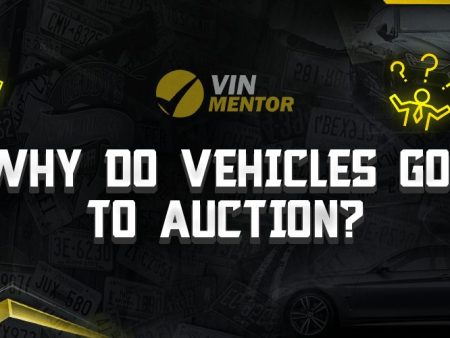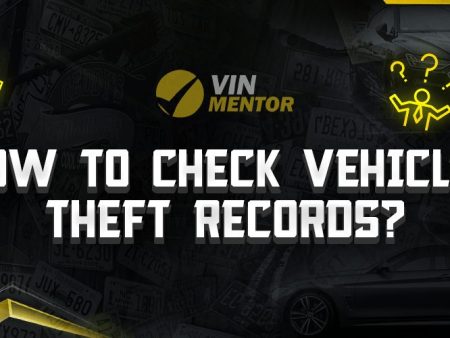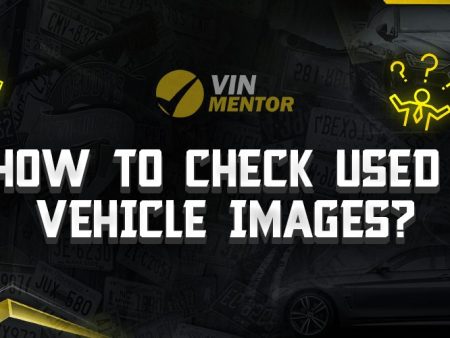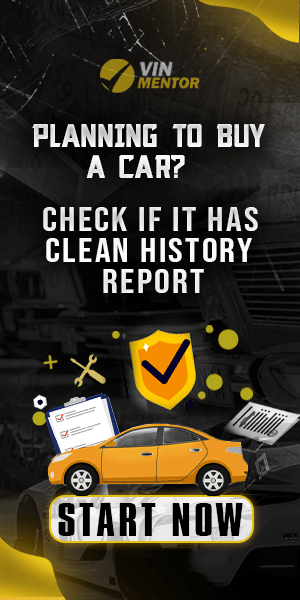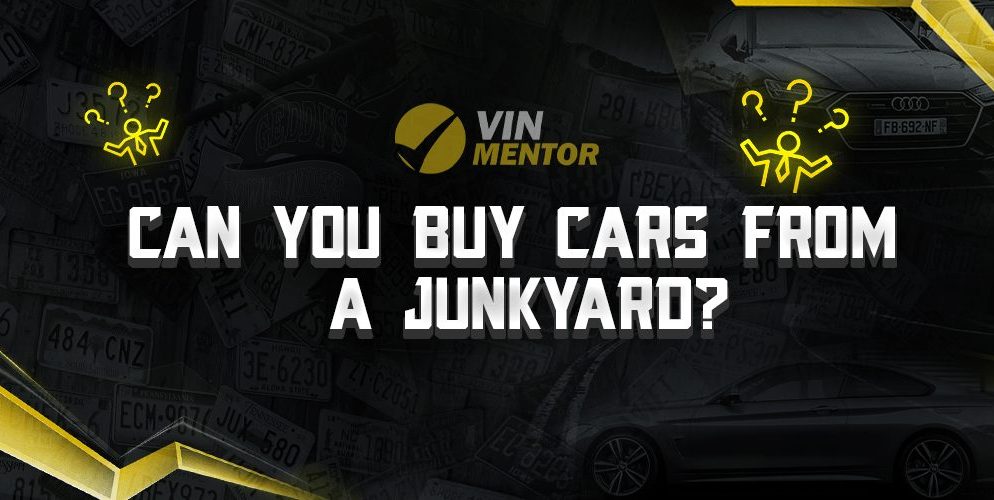

If you’ve ever wondered whether it’s possible to purchase cars from a junkyard, this article will provide you with valuable insights into the matter. Buying a car from a junkyard can be an intriguing option for those seeking affordable vehicles or spare parts. Read on to discover the answer.
Key Takeaways
- Junkyards can offer cars and parts at significantly lower prices compared to traditional dealerships.
- Some cars in junkyards may have salvage titles, indicating they have been written off by insurance companies due to damage or theft.
- Thoroughly inspecting the car’s condition is essential before making a purchase from a junkyard.
- Some junkyards may participate in salvage auctions, where buyers can bid on vehicles and parts.
- Familiarize yourself with local laws and regulations regarding purchasing vehicles from junkyards.
Understanding Junkyards and Their Offerings
- The Function of Junkyards: Junkyards, also known as salvage yards or auto recycling centers, play a crucial role in the automotive industry. They provide a space for storing and dismantling vehicles that are no longer in use. While some junkyards primarily focus on recycling and scrapping, others offer used vehicles and parts for sale.
- The Inventory at Junkyards: Junkyards house a wide variety of vehicles, including cars, trucks, motorcycles, and more. The inventory typically consists of both damaged vehicles and those that are no longer functional. It’s important to note that not all junkyards sell cars directly to consumers; some may only sell parts.
- Salvage Titles and Their Implications: Cars with salvage titles often find their way to junkyards. These titles indicate that the vehicles have been deemed uneconomical to repair or have experienced severe damage. It’s crucial to understand the implications of purchasing a vehicle with a salvage title, as it may affect insurance, resale value, and even legality in some cases.
- Inspecting the Vehicle: Before buying a car from a junkyard, it’s essential to conduct a thorough inspection. Given that these vehicles may have been involved in accidents or have other issues, assessing their condition is vital. Look for signs of damage, rust, engine problems, or missing parts. Consider seeking professional assistance if needed.
Purchasing Options from Junkyards
When exploring purchasing options from junkyards, two common avenues to consider are direct purchases and salvage auctions.
Direct Purchase
In some cases, junkyards may offer the option to buy a car directly. This method allows you to negotiate a price, pay in cash, and take care of the necessary paperwork all at once. When considering a direct purchase from a junkyard, it’s important to keep a few things in mind.
- Not all junkyards sell vehicles directly to consumers. Some may focus solely on scrapping and recycling, while others may primarily sell used parts. Therefore, before visiting a junkyard with the intention of buying a car, it’s advisable to inquire beforehand and confirm if they offer direct sales.
- When negotiating the price, keep in mind that junkyards typically base their pricing on the condition of the vehicle. Factors such as the extent of damage, mileage, age, and overall demand for the specific make and model will influence the price. Be prepared to haggle and do some research on the fair market value of the vehicle you are interested in to ensure you get a reasonable deal.
- Be aware that purchasing a car directly from a junkyard means that you will likely have to handle the transportation of the vehicle yourself. This includes arranging for towing or a flatbed truck to transport the car to your desired location.
Salvage Auctions
Another option for purchasing cars from junkyards is through salvage auctions. Some junkyards participate in these auctions, where damaged vehicles are sold to the highest bidder. Salvage auctions can be an intriguing opportunity to acquire a car at a potentially lower price. However, it’s crucial to understand the auction process and do thorough research before participating.
- Before engaging in a salvage auction, familiarize yourself with the rules and regulations governing the auction process. Each auction may have its own set of requirements and guidelines, including registration procedures, bidding increments, and payment methods.
- It’s essential to thoroughly inspect any vehicles you are interested in before the auction begins. Salvage auction vehicles are often sold “as-is”, meaning you won’t have the chance to thoroughly test drive or assess their condition before bidding. Take note of the vehicle’s damage, missing parts, or any other potential issues that may impact its usability and value.
- Set a budget and stick to it during the auction. It’s easy to get caught up in the excitement of bidding, but be mindful of your financial limitations and the total cost of repairs or restorations the vehicle may require.
Conclusion
While the answer to whether you can buy cars from a junkyard is apparent, exploring the world of junkyards provides valuable insights into the automotive industry. When considering a purchase from a junkyard, conducting a thorough inspection and understanding the implications of salvage titles are essential. Additionally, ensure you comply with local regulations and requirements. To make an informed decision, don’t forget to perform a VIN check using our list of trusted top VIN Check Websites.
FAQ
Can I really find affordable cars at a junkyard?
Yes, junkyards often offer cars and parts at significantly lower prices compared to traditional dealerships. They specialize in salvaging and recycling vehicles, which allows them to offer more affordable options.
What are salvage titles, and should I be concerned about them?
Salvage titles are given to vehicles that have been deemed uneconomical to repair or have experienced severe damage. While buying a car with a salvage title can be a good way to save money, it’s important to understand the implications. Salvage titles may affect insurance, resale value, and even legality in some cases. Consider researching the consequences before making a decision.
How do I inspect a car from a junkyard?
Thoroughly inspecting the car’s condition is crucial before purchasing from a junkyard. Look for signs of damage, rust, engine problems, or missing parts. Consider seeking professional assistance if needed. Taking the time to inspect the vehicle will help you make an informed decision.
Are all junkyards the same, or do they offer different services?
Not all junkyards sell cars directly to consumers. Some may focus solely on scrapping and recycling, while others may primarily sell used parts. Before visiting a junkyard with the intention of buying a car, it’s advisable to inquire beforehand and confirm if they offer direct sales.
How can I negotiate the price when buying a car from a junkyard?
Junkyards typically base their pricing on the condition of the vehicle. Factors such as the extent of damage, mileage, age, and overall demand for the specific make and model will influence the price. Be prepared to haggle and do some research on the fair market value of the vehicle you are interested in to ensure you get a reasonable deal.
What are salvage auctions, and how do they work?
Salvage auctions are another option for purchasing cars from junkyards. Some junkyards participate in these auctions, where damaged vehicles are sold to the highest bidder. Before participating, familiarize yourself with the auction rules and regulations, inspect the vehicles beforehand, and set a budget to avoid overspending.
Are there any legal considerations when buying cars from junkyards?
It’s essential to comply with local laws and regulations regarding purchasing vehicles from junkyards. Familiarize yourself with any requirements or restrictions that may exist in your area. This will ensure a smooth and legal transaction.
